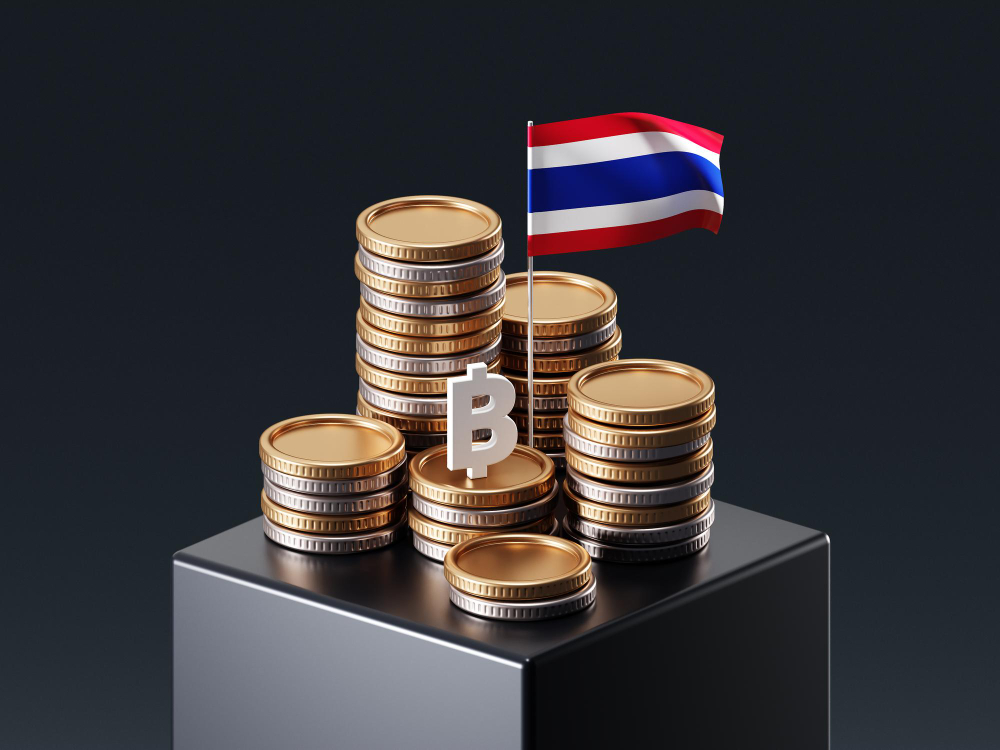Settling collective and individual labour disputes

Introduction:
The Labor Law of the Kingdom of Cambodia (the Labor Law), enacted in 1997 and subsequently amended, provides a crucial framework for regulating employment relationships and protecting employer’s and employee’s rights. The Labor Law establishes mechanisms for resolving labor disputes, categorized as collective and individual. The following sections will outline the definitions and methods of dispute resolution for each type.
Key provisions:
- Resolving a Collective Labor Dispute
A collective labor dispute occurs between one or more employers and a group of employees over working conditions, the rights of professional organizations, recognition of these organizations within the enterprise, or issues affecting employer-employee relations. Such disputes may threaten the operation of the enterprise or social peace. A collective labour dispute should first be resolved through conciliation. If conciliation fails, the dispute may be resolved through any method agreed upon by all parties, such as:
- arbitration procedure, if outlined in the collective agreement; or
- any other procedure agreed upon by the parties; or
- or the arbitration process provided by labour law.
- Resolving an Individual Labour Dispute
An individual dispute is one that arises between the employer and one or more employees or apprentices individually and relates to the interpretation or enforcement of the terms of an employment or apprenticeship contract, or the provisions of a collective agreement as well as regulations or laws in effect. Before initiating judicial proceedings, an individual dispute may be submitted for preliminary conciliation to the Labor Inspector of the relevant province or municipality at the request of either party. If conciliation fails, either party may file a lawsuit with the Labor Court or the Arbitration Council of Cambodia (AC).
Conclusion:
The Labor Law of Cambodia provides a comprehensive legal framework designed to protect workers’ rights and regulate employment relationships through effective dispute resolution mechanisms.
By categorizing disputes into collective and individual types, the law ensures that conflicts are addressed appropriately based on their nature and impact. Collective disputes, which may affect enterprise operations or social peace, are first addressed through conciliation, with arbitration or other agreed methods as alternatives if necessary. Individual disputes, often involving contract interpretation or enforcement, follow a similar process, beginning with conciliation by a Labor Inspector and proceeding to legal action if unresolved. These structured mechanisms promote fairness, stability, and adherence to labour standards, contributing to a more harmonious and regulated working environment in Cambodia.
Author
Related Practices
- Labour Law
- Litigation














